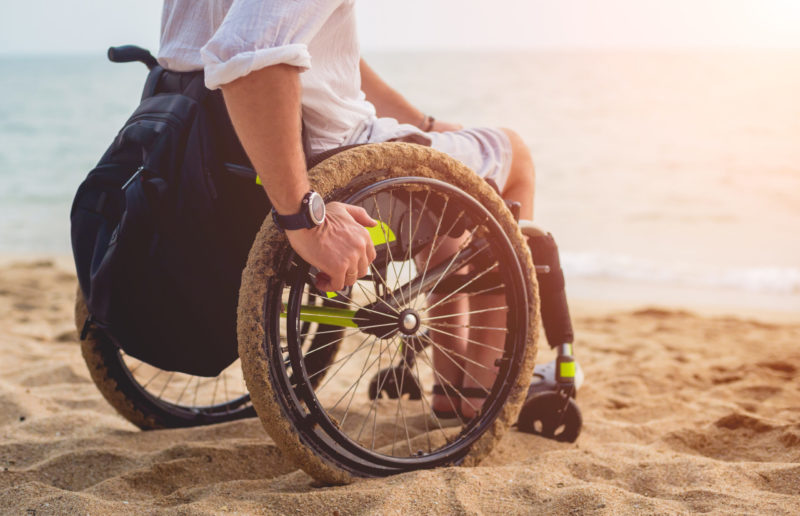Respite
‘Respite’ or ‘respite care’ is when someone else takes care of the person you care for, so that you can have a break. Respite can also be beneficial for the person you care for so they can have a break from their routine. A break can give you time to do everyday activities or just to relax, deal with stress and look after yourself.
Carer Gateway is a national online and phone service that provides practical information and resources to support carers. The interactive service finder helps carers connect to local support services. To find out more phone 1800 422 737 (free call, Monday to Friday, 8am to 6pm).
Carers Queensland is the peak body representing and advocating on behalf of carers throughout Queensland. Carers Queensland provides a range of support and accredited training for carers.
Arafmi Queensland supports those who care for, or about, someone with a mental illness. It offers phone support, counselling, family respite, support group meetings and workshops for carers. To find out more call (07) 3254 1881 (24 hours).
Information about support available for veterans’ families is available from the Department of Veterans Affairs.
Commonwealth Home Support Program helps senior Australians access entry-level support services to live independently and safely at home. It works with you to maintain your independence rather than doing things for you. For more information phone My Aged Care on 1800 200 422.
My Aged Care provides information and advice about disability, aged care and other support services for people over 65 and their carers. To find out more call the Commonwealth Aged Care Information Line on 1800 200 422.
Queensland Community Care can help people with disability under 65 years of age (and Aboriginal and Torres Strait Islander People under 50 years of age) with services provided in the community and in your home. Phone Community Access Point on 1800 600 300.
Livewire is an online community enabling parents and carers of people living with a disability, serious illness or chronic health condition to connect and support one another via the internet.
If you are an older carer, there may be assistance available for the person in your care or for you. Options include in-home support, centre-based respite and community-based support. In some locations, emergency respite and other flexible respite options may be available. Older carers of adult sons and daughters have usually been caring for a long time and often continue their caring role as they themselves age. As this occurs, it is natural—and necessary—for older carers to need some regular respite and support and to start thinking about planning for the future.
Young carers may require different support, compared to their older caring peers. Find out where to get support if you are a young carer under 25. Additionally, Carers from culturally and linguistically diverse backgrounds may also have different support needs. Carers Queensland offers a CALD program (PDF) which helps eligible people from culturally and linguistically diverse backgrounds and their families to receive culturally-appropriate home and community care (HACC) services. Multicultural service coordinators ensure the services match client needs. Phone 1800 242 636.
Finding out you are not alone in your situation can do wonders for your wellbeing. One way of connecting with others is to join a self-help group, where people come together to support each other and share information. Self Help Queensland can help you find a group in your area. Phone (07) 3344 6919 or email.
Caring for a person with mental illness can be challenging, depending on the severity of the illness. Find out how to support yourself while supporting others. If are feeling down or overwhelmed, you can also contact:
– Lifeline on phone 13 11 14 or access their online crisis support chat– beyondblue on phone 1300 224 636, web chat (from 3pm to midnight, 7 days) or email– your GP
– family or friends.



